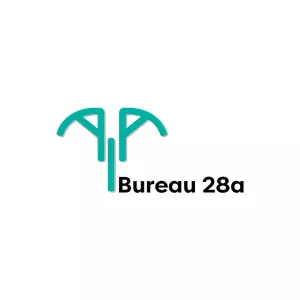- in Europe
- within International Law topic(s)
The Milli Maclis passed the bill of amendments at first reading on 7 March 2025 – the amendments introducing virtual assets as a taxable object under the Tax Code also aim tracing beneficial ownership.
Under the bill, Law No. 560-IIQ, On State Registration of Entities and State Registry, dated 12 December 2003, will have the concept of:
- a beneficial owner, an individual who ultimately owns or
controls an entity, benefits from transactions or agreements, or
exercises effective control thereof, including:
(i) an individual holding, directly or indirectly, at least ten percent of a charter capital or voting rights, or exerting significant influence over decisions, of an entity, (ii) an individual who exercises control of an entity in any other way, or (iii) if none can be identified, a manager of an entity; and
(i) a settlor, trustee, and trust protector (if any) in a trust structure outside Azerbaijan, and (ii) a beneficiary or one with an effective control or equivalent roles in other foreign structures.
The following among others in relation to a beneficiary must be disclosed upon establishing an entity: (i) full name, date of birth, and passport number, (ii) citizenship, (iii) residence address, (iv) beneficial ownership status (direct or indirect), (v) being/not being a politically exposed person, and (vii) all upstream entities. The data will be verified by the Financial Monitoring Service.
The disclosure deadlines for already existing enterprises are set as follows: large, by 31 December 2025, medium, by 30 June 2026, small, by 31 December 2026, micro, by 31 December 2027, and, for non-governmental organizations and religious institutions (likely, in relation to their managers), by 30 June 2026.
The data on beneficial ownership will be a commercial secret.
Once the bill takes effect, whenever the actual beneficial owner of an entity differs from the registered one, uncovered during a tax audit, it will be reported to the Financial Monitoring Service.
The reporting persons under the Law on AML and CFT must provide beneficial ownership information determined during their client onboarding (KYC) reviews to the Financial Monitoring Service in three business days.
E-ACCOUNTING PLATFORM ROLLED OUT
The bill of 14 February 2025 amends Law No. 716-IIQ, On Accounting, dated 29 June 2004, to formalize the e-accounting information system for electronic financial reporting, access to translated international standards and legal texts, accounting software, and educational materials.
Launched as part of the 2022-2026 National Action Plan to Strengthen Combating Corruption, the e-muhasibat.gov.az system features electronic financial reporting and a registry of state-certified accountants.
Also, the bill will phase in electronic financial accounting for budget organizations.
E-DUTY SYSTEM COMING NEXT
According to Presidential Decree No. 317 of 3 February 2025, an electronic management information system for state duties (e-duty) will be introduced.
Effective 1 June this year, the state duties must be processed and paid based on an electronic notification (e-notification) submitted through the system. State duties for excise stamps and mandatory labeling will be integrated in the system only after the Cabinet of Ministers approves the procedure for using the funds transferred to the treasury account of the Ministry of Finance.
The content of this article is intended to provide a general guide to the subject matter. Specialist advice should be sought about your specific circumstances.


